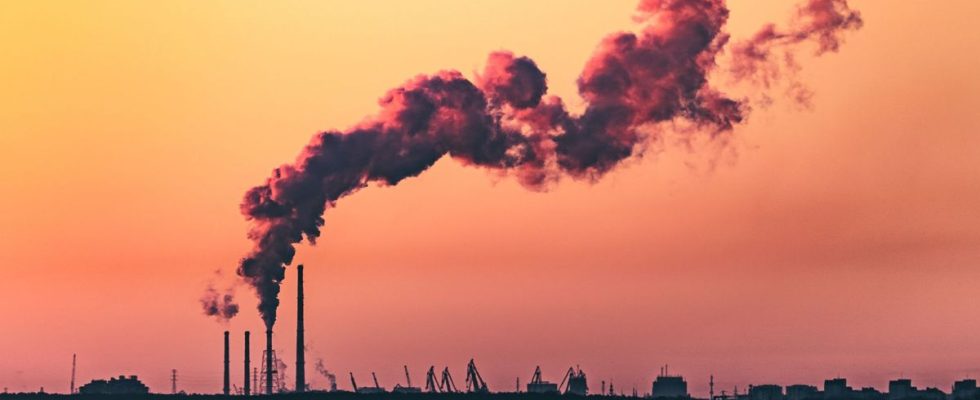The objective of limiting global warming to 1.5°C continues to move away. If climatologists recommend a 43% reduction in global emissions in 2030, current commitments will only lead to 2%, the UN Climate warned this Tuesday. Two weeks before COP28, this very small figure acts as a snub.
The UN report shows that the world’s governments are currently taking “small steps to avoid the climate crisis” but that they “must take giant steps at COP28”, commented Simon Stiell, boss of the UN Climate, in a video message. This 28th United Nations climate conference, from November 30 to December 12 in Dubai, “must be a real turning point,” urged the executive secretary of the United Nations Framework Convention on Climate Change (UNCCC).
“We are off-piste”
“The report released today clearly shows that every fraction of a degree counts, but that we are off track,” added the UN leader of Grenada. This report is the annual summary of the latest emissions reduction commitments – called “nationally determined contribution” (NDC) – made by the 195 signatories of the 2015 Paris Agreement, of which COP28 must establish the first official assessment and the first fixes.
The report takes into account 20 new NDCs (unpublished or revised) submitted over the past year (Mexico, Turkey, Egypt, United Arab Emirates, Norway, etc.) but not the update of the 27 European countries or Brazil, submitted since October. The 2015 Paris Agreement sets the objective of limiting global warming “well below 2°C compared to pre-industrial levels”, when humanity began to exploit on a large scale the fossil fuels responsible for emissions of greenhouse gases, “and if possible at 1.5°C”.
A “rapid decline” which turns out to be “necessary”
But to have a 50% chance of containing warming to 1.5°C, global emissions must fall by 43% by 2030, compared to 2019 levels, according to the latest IPCC report, experts commissioned by the ‘UN. “The report, consistent with last year’s findings, says that while emissions no longer increase after 2030 compared to 2019 levels, they still do not show the rapid decline that science says is necessary in this decade,” underlines the UN Climate.
The outcome of the Paris agreement at COP28 will be an important prerequisite for the mandatory revision of these NDCs by 2025 and the COP30 planned in Brazil. At COP26 in 2021 in Glasgow, signatories to the agreement committed to reviewing the NDCs annually – instead of every five years – but only a minority of them have done so since.

